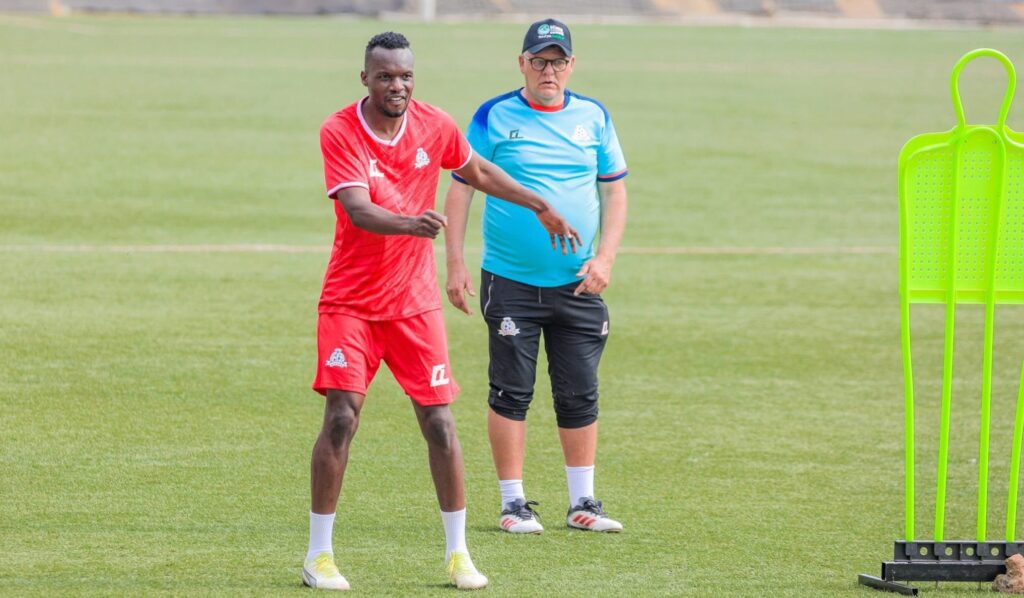Gaming in Africa has evolved quickly in recent years, largely driven by mobile technology. Urban users have long had access to online games and betting platforms. Now, telecom partnerships are pushing this access into smaller towns and rural villages, helping more users connect through simple mobile services.
– Advertisement –
The shift is most visible in the betting sector. Telecoms provide the connection, and platforms provide the games. This shared model improves reach and reliability. Features on the Bizbet Africa site show how network providers help reduce connection lag, stabilise odds updates, and deliver mobile alerts to rural bettors who rely on basic phones.
Mobile networks power the last-mile reach
In many villages, traditional internet options are still out of reach. Mobile networks have stepped in to close the gap. They support mobile money transfers, game logins, result updates, and SMS alerts. Betting apps now offer versions that run smoothly on weak signals and low-data plans.
Some telecom operators partner directly with betting platforms to support local visibility. They offer zero-rated browsing, bonus bundles, or promotional codes. These partnerships help convert new users and increase network use in low-income zones.
In regions with growing mobile access, users prefer lightweight apps. Betting services built around simple loading times and low memory usage perform best. A key example is Bizbet Africa mobile platform, which runs on many devices with minimal data demand and stable performance.
Digital payments and wallet integration
Telecom-powered wallets are now the most used method for funding accounts in rural areas. Users do not need bank access or email verification. They only need an active mobile line.
Betting platforms now structure payment flows around mobile money tools. Transactions are instant, secure, and easy to confirm. This builds trust among new users who are unfamiliar with digital banking.
Wallet logs also help users track activity. Some apps send daily or weekly balance reminders to support responsible spending. Telecoms enable these alerts, helping link account activity with SMS infrastructure that reaches all devices.
Platform adjustments for rural connectivity
Games and betting options are now optimised for different data zones. Platforms reduce image size, adjust design, and skip features that overload connections. This ensures a smooth user experience regardless of device quality or network strength.
Platforms like the Bizbet Africa Line monitor usage patterns and adjust their services accordingly. They track when and how rural users log in, which markets they use, and what limits are most common. These insights help tailor product updates.
Rural usage often shows a preference for small-stake bets, single-market slips, and fewer login sessions per day. Understanding this behaviour helps platforms offer features with higher adoption rates.
Telecoms support outreach through SMS marketing and regional brand ambassadors. Campaigns often target market days or local sports events.
Some operators also support community football leagues or host free prediction games. This drives traffic to their platforms while offering small prizes in mobile credit or betting tokens.
Local sellers often double as betting agents. They help new users register, download apps, or print slips. Through these community links, telecom-supported gaming builds brand trust.
Data-driven user behaviour
Platforms increasingly use telecom analytics to study how rural users engage. These include preferred login hours, transaction values, and common bet types. Operators use this data to adjust service offerings and reduce bounce rates.
User education also improves over time. With access to consistent game history and odds formats, players begin to test more advanced options. Features such as effective betting strategies are shared via mobile alerts, tutorials, or regional blog content tailored to each platform.
Some platforms use engagement scores to offer tips. If a user repeatedly selects the same league or market, the system suggests ways to manage slips or adjust bet values. These tips are small but effective in supporting user learning.
Telecoms gain traffic, longer session times, and increased wallet activity through these partnerships. Betting users typically top up their credit more often than average users. They also spend more time online due to odds checks, match tracking, and balance reviews.
As a result, telecoms increase their prepaid revenue and strengthen customer loyalty. In regions where several networks compete, betting partnerships help one brand gain the edge through exclusive offers or smoother access.
Gaming platforms also pay network fees for SMS, wallet integrations, and user alerts. These micro-charges add up, providing telecoms with an extra source of operational income.
Bringing rural users into the digital circle
Telecom-led infrastructure now supports mobile gaming in areas once considered unreachable. Small changes, like app compression or mobile-first odds displays, have made large differences in how betting is used outside cities.
As gaming continues to grow, more rural users will access platforms that support basic devices, clear interfaces, and wallet-based payments. Telecoms remain central to this growth path.
With shared investment and stable systems, rural gaming is no longer a future idea. It is a live and growing part of Africa’s digital economy. Betting and gaming firms that adapt to this shift will reach loyal users who value simplicity, reliability, and mobile freedom.
– Advertisement –





